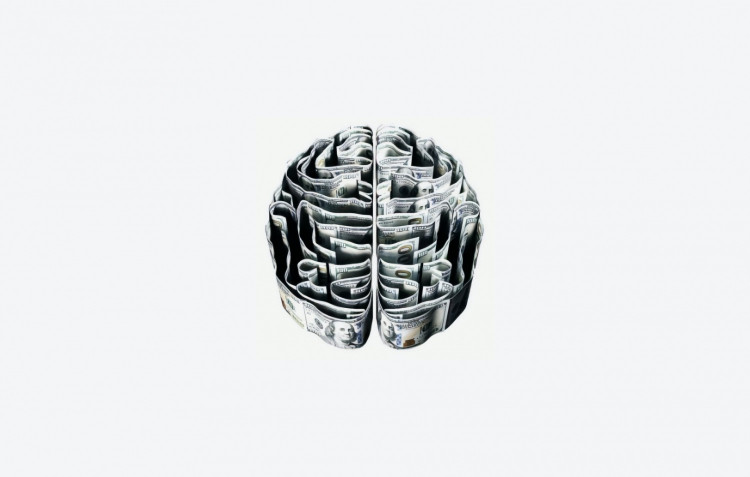According to a study published Monday in the journal JAMA Neurology, how long older adults sleep may have an impact on their brain health.
Because sleep changes with age have been linked to early signs of Alzheimer's disease, depression, and cardiovascular disease, the researchers looked into the possible links between self-reported sleep duration, demographic and lifestyle factors, subjective and objective cognitive function, and beta-amyloid levels in participants.
Beta-amyloid or amyloid-β is a protein created during normal brain cell activity.
The study authors wrote that sleep disruption is frequent in later life and is linked to changes in cognitive function, which includes learning, thinking, reasoning, problem-solving, decision-making, remembering, and paying attention.
"There appears to be a real sweet spot," Jennifer Ashton, ABC News chief medical correspondent said of the study. "People who got less than six hours of sleep on PET scan brain imaging had a higher rate of these brain plaques that we've found in association with Alzheimer's disease."
Short sleep duration was defined as six hours or less in the study, and those who reported it had elevated levels of beta-amyloid, which "greatly increases" the risk of dementia.
In comparison, those who reported normal sleep duration (defined by the study authors as seven to eight hours of sleep per night) had a shorter sleep duration.
Inadequate sleep caused older persons to perform moderately to significantly worse on tests routinely used on older adults for testing cognitive abilities, such as orientation, attention, memory, language, and visual-spatial skills; and detecting mild dementia.
Oversleeping was linked to poor executive function, although those who slept too much did not have higher beta-amyloid levels. On the Digit Symbol Substitution Test, participants who reported a long sleep duration (nine or more hours) performed somewhat worse than those who reported regular sleep duration.
This exam has been used to assess associative learning skills for over a century, requiring test-takers to correctly match symbols to numbers according to a key on the page within 90 to 120 seconds.
The findings of the study, drawn out from data of more than 4,000 adults in the U.S., Canada, Japan, and Australia, again emphasizes the critical role of sleep for optimum health, Ashton noted.






